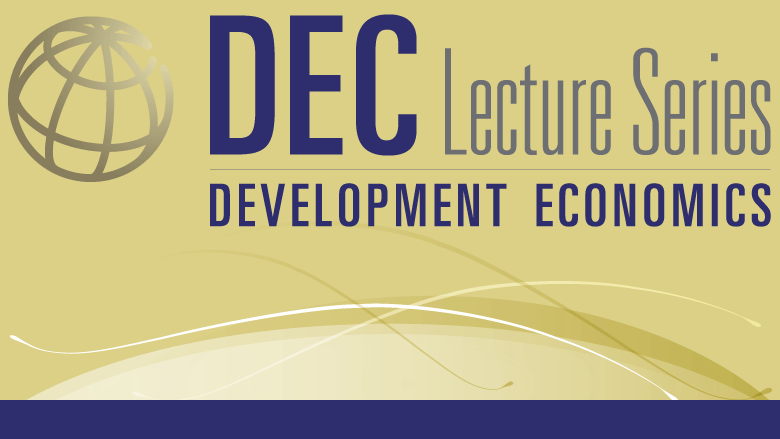Edward Miguel is the Oxfam Professor of Environmental and Resource Economics and Faculty Director of the Center for Effective Global Action at the University of California, Berkeley, where he has taught since 2000. Ted's main research focus is African economic development, including work on the economic causes and consequences of violence; the impact of ethnic divisions on local collective action; interactions between health, education, environment, and productivity for the poor; and methods for transparency social science research. He has conducted field work in Kenya, Sierra Leone, Tanzania, and India. Ted is a Faculty Research Associate of the National Bureau of Economic Research, has served as Associate Editor of the Quarterly Journal of Economics and Journal of Development Economics, is a recipient of the 2005 Alfred P. Sloan Fellowship, and winner of the 2005 Kenneth J. Arrow Prize awarded annually by the International Health Economics Association for the Best Paper in Health Economics. He co-founded the Center for Effective Global Action (CEGA) in 2007 and serves as Faculty Director. He has served as the Co-organizer of the Working Group in African Political Economy (WGAPE) since 2002. Ted is also the co-founder and Faculty Director of the Berkeley Initiative for Transparency in the Social Sciences (BITSS). Ted has written two books, Africa's Turn? (MIT Press 2009), and, with Ray Fisman, Economic Gangsters: Corruption, Violence and the Poverty of Nations (Princeton University Press 2008). Miguel's other writing has appeared in Foreign Affairs, Forbes, and the New York Times.
He earned S.B. degrees in both Economics and Mathematics from MIT, received a Ph.D. in Economics from Harvard University, where he was a National Science Foundation Fellow, and has been a visiting professor at Princeton University and Stanford University.

